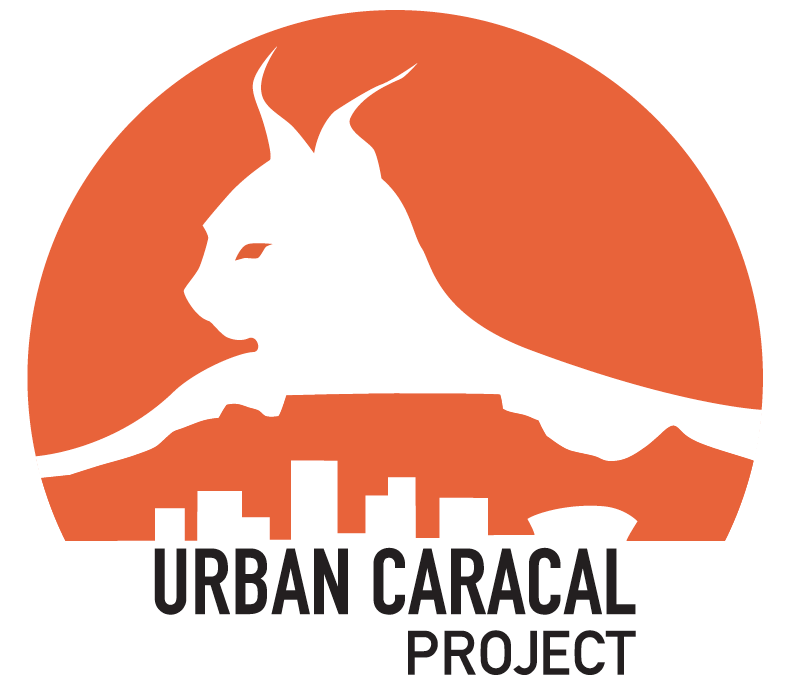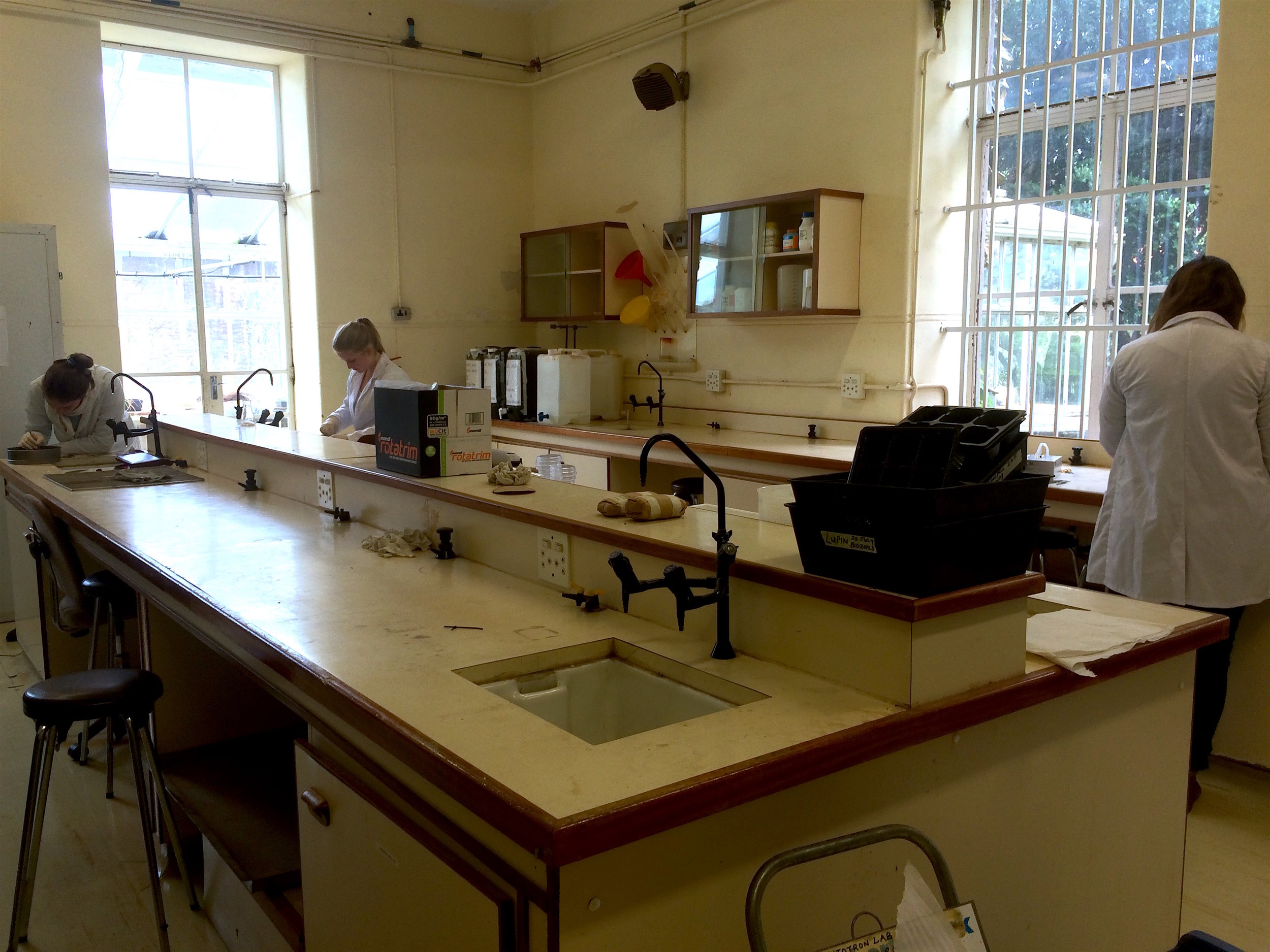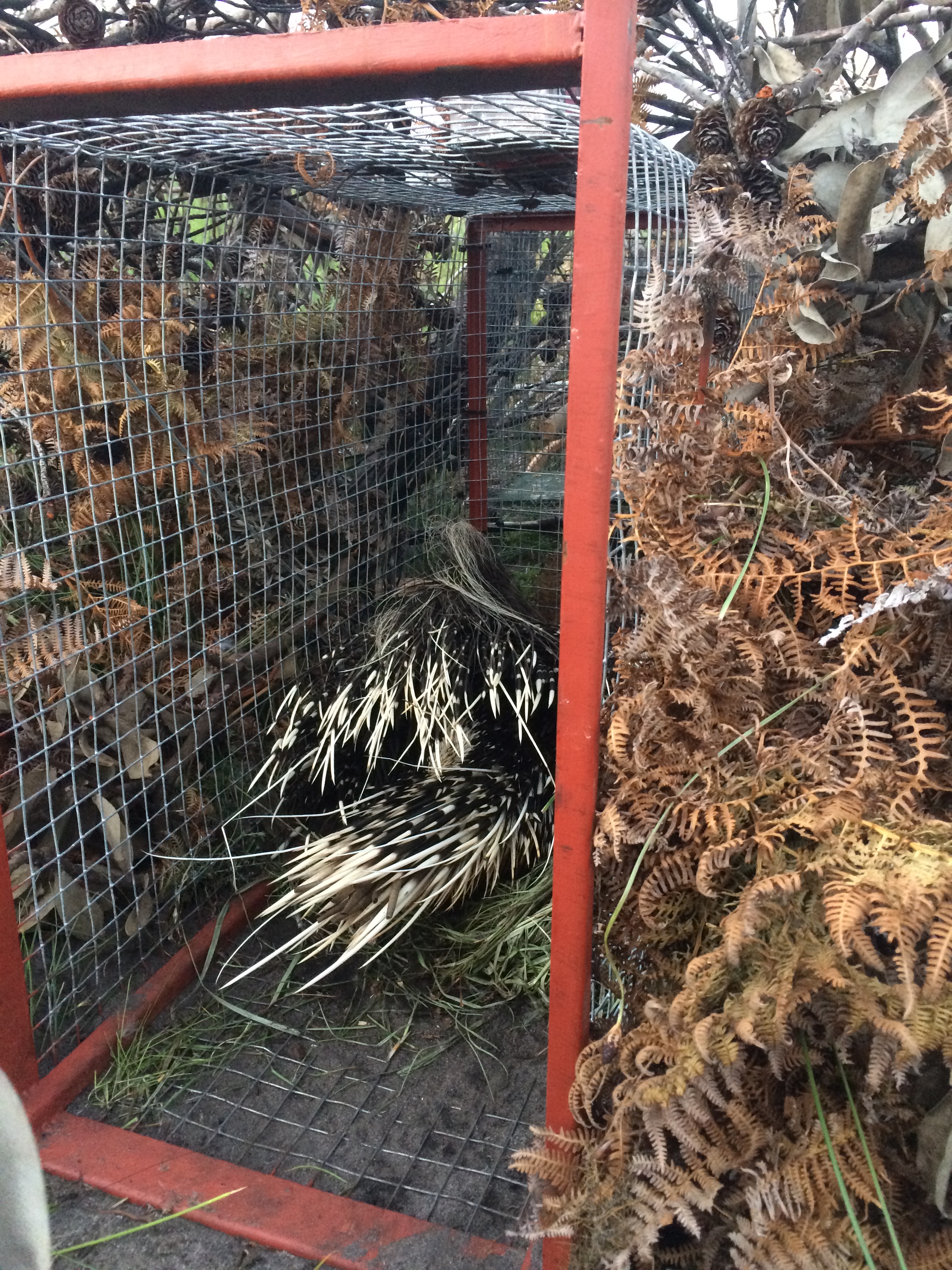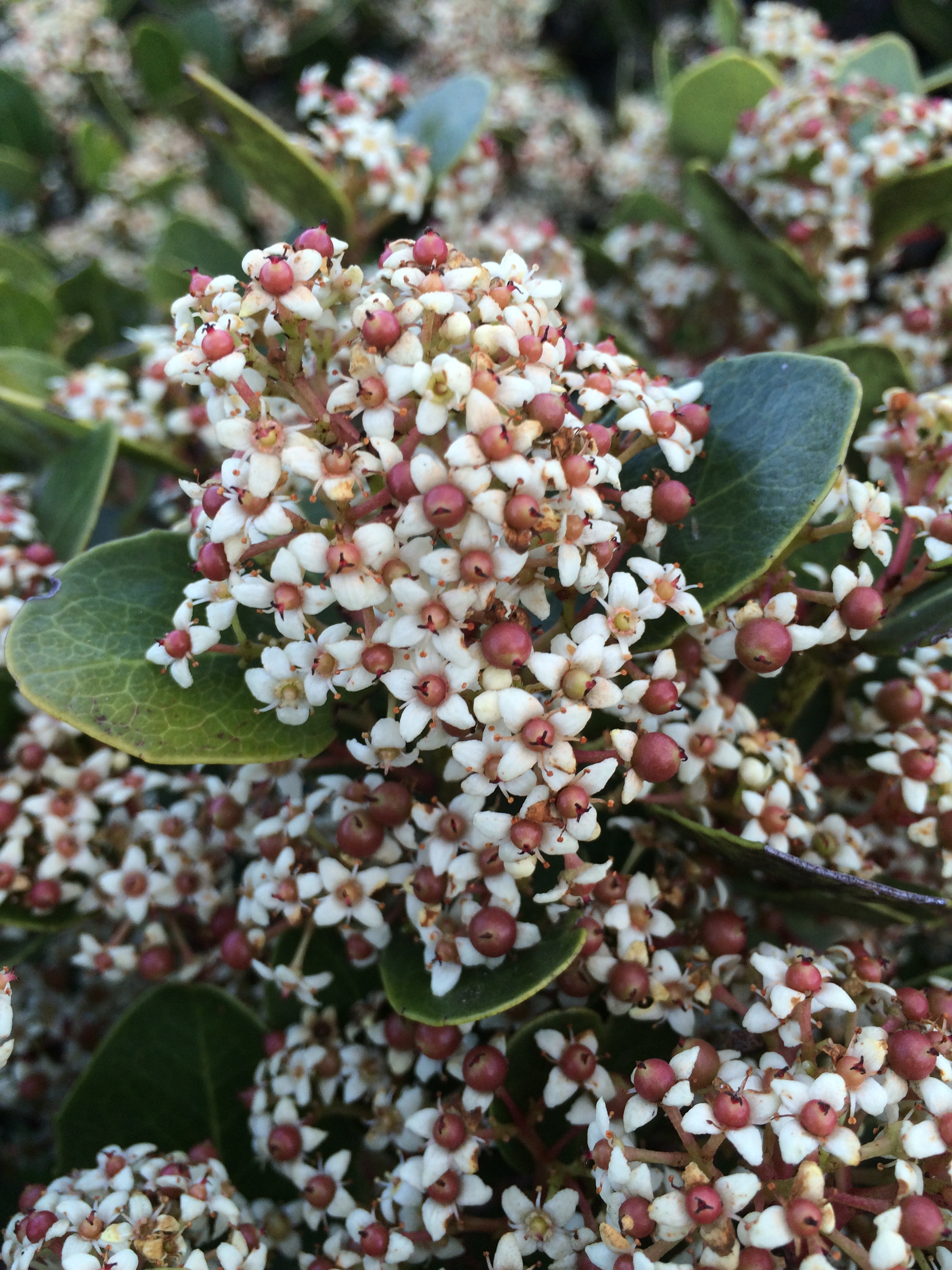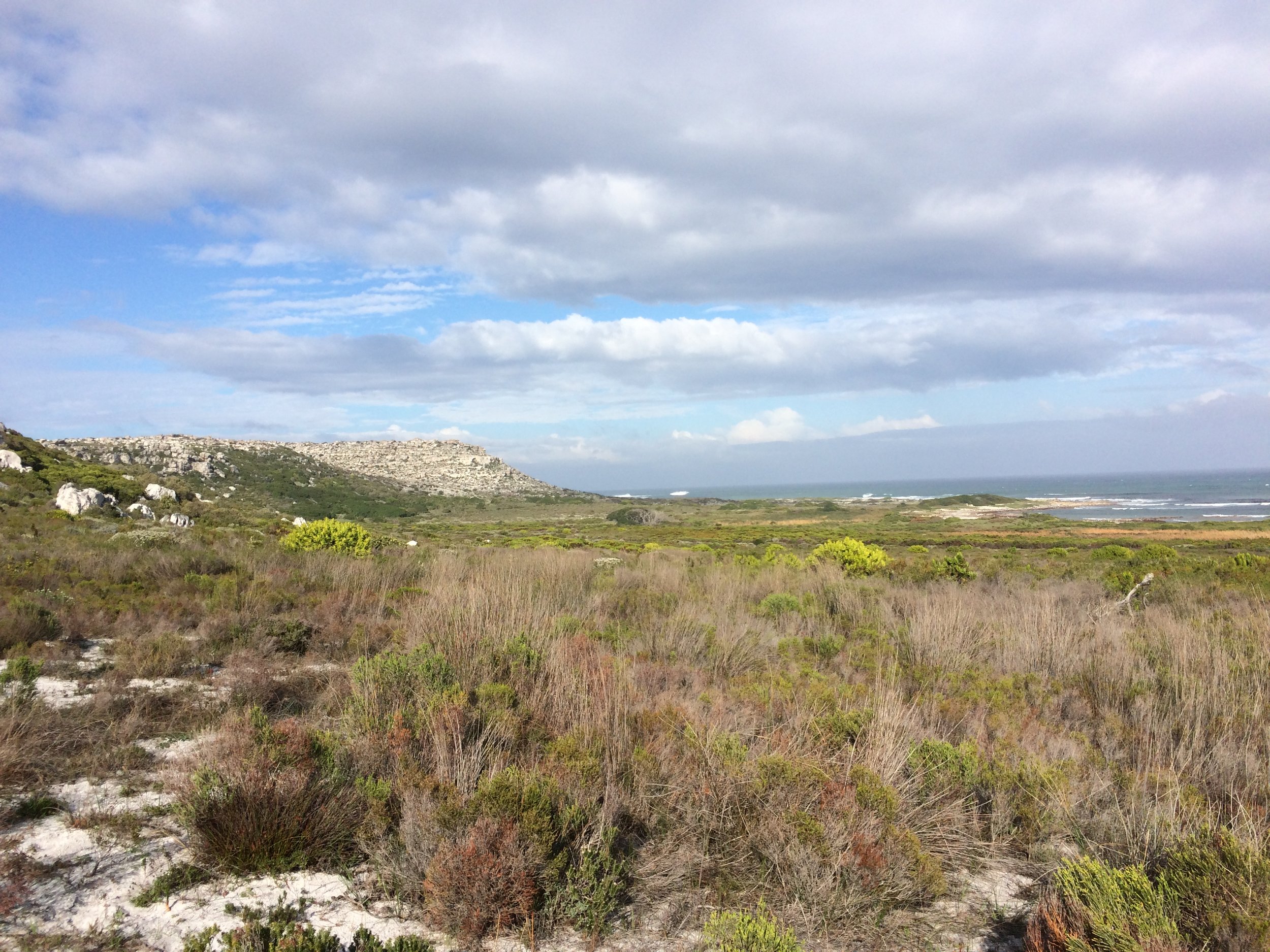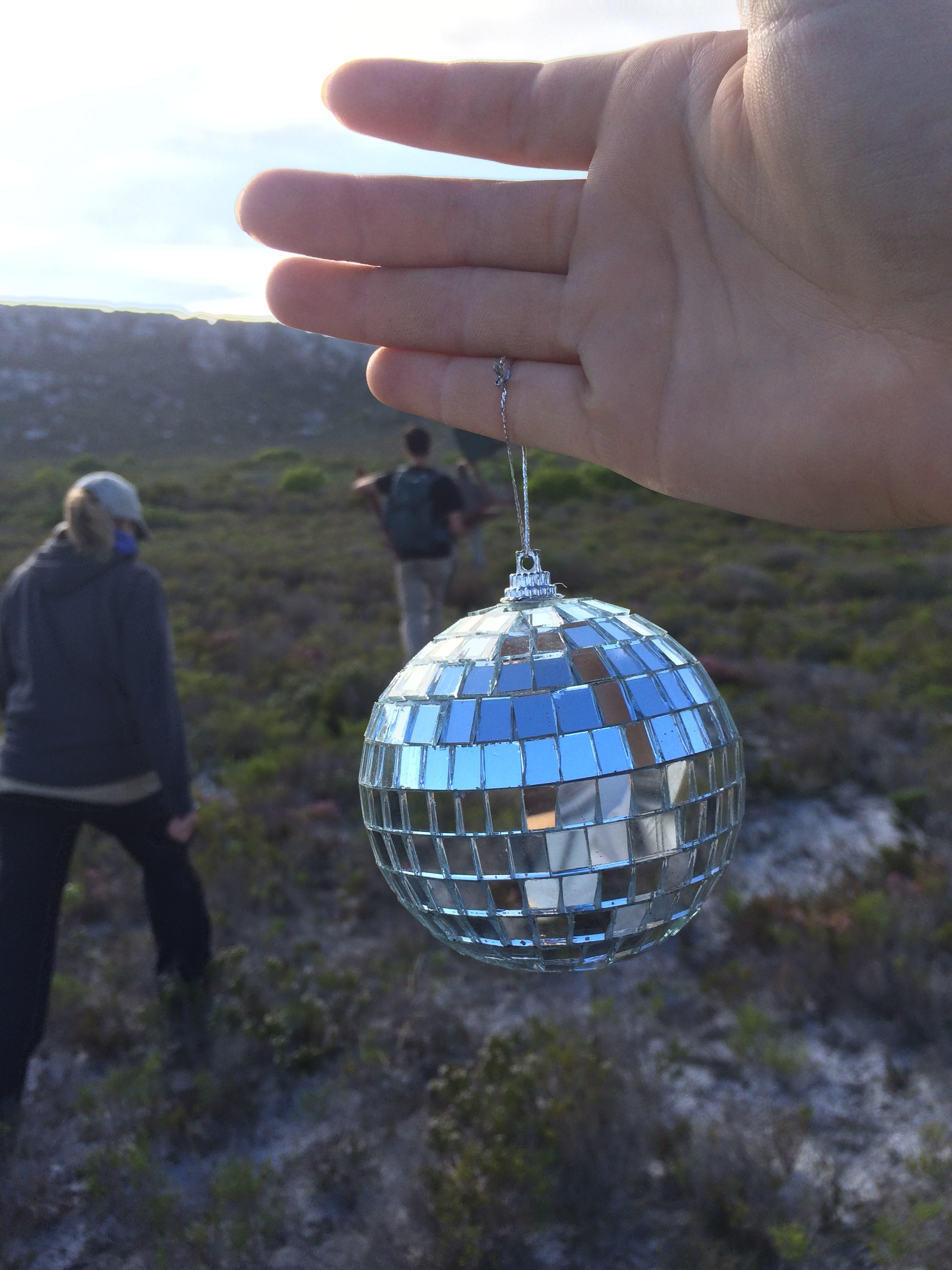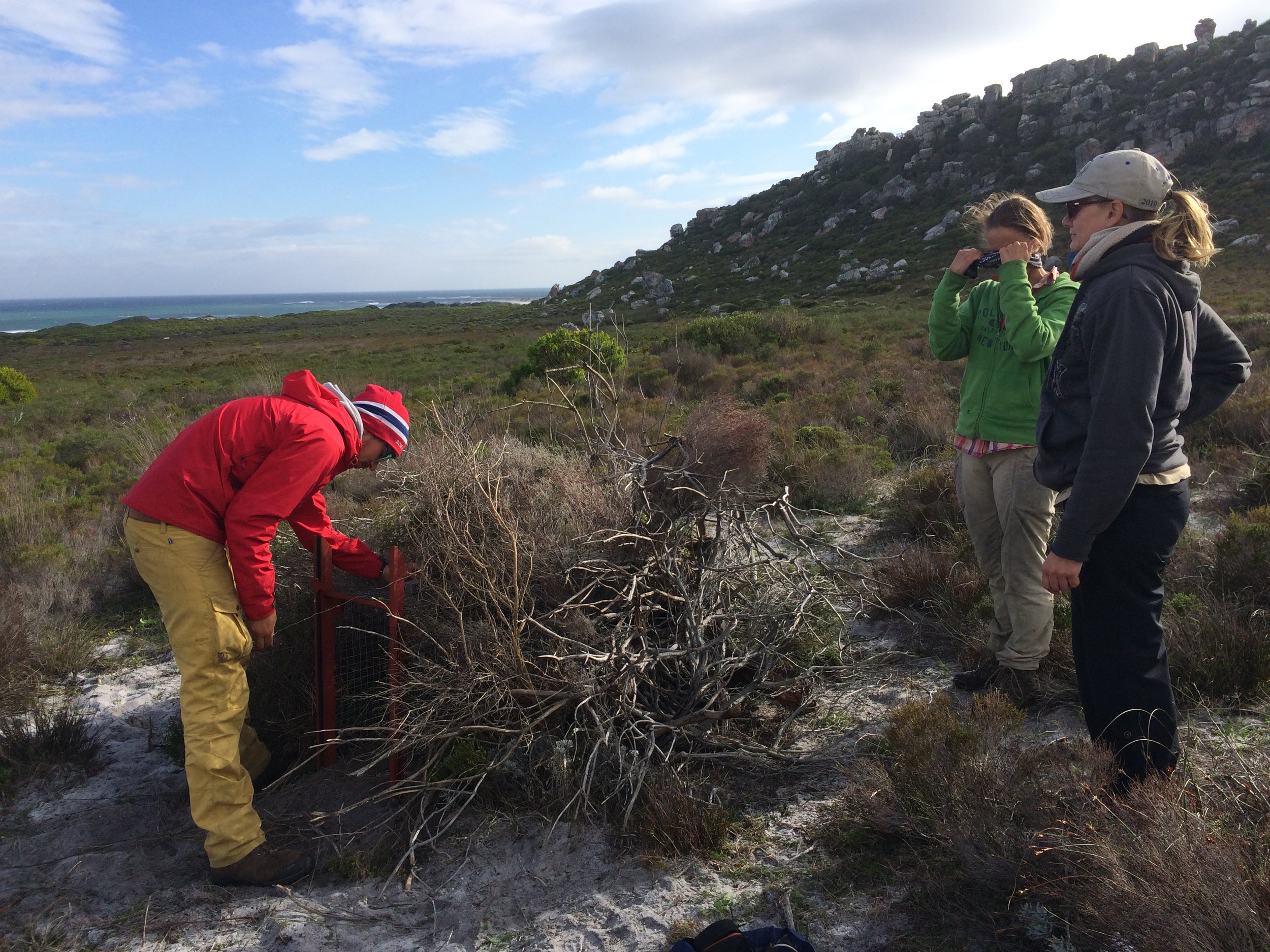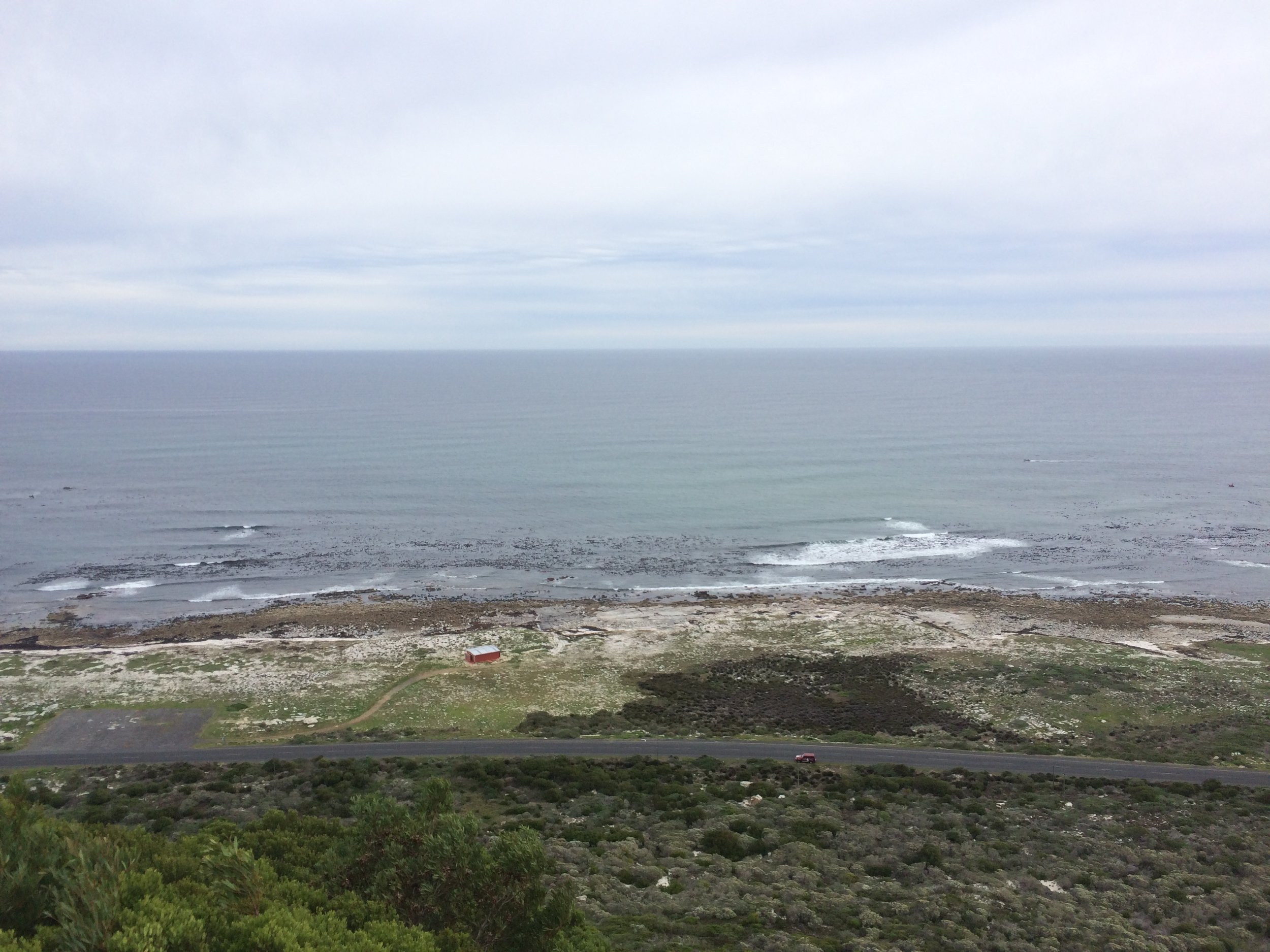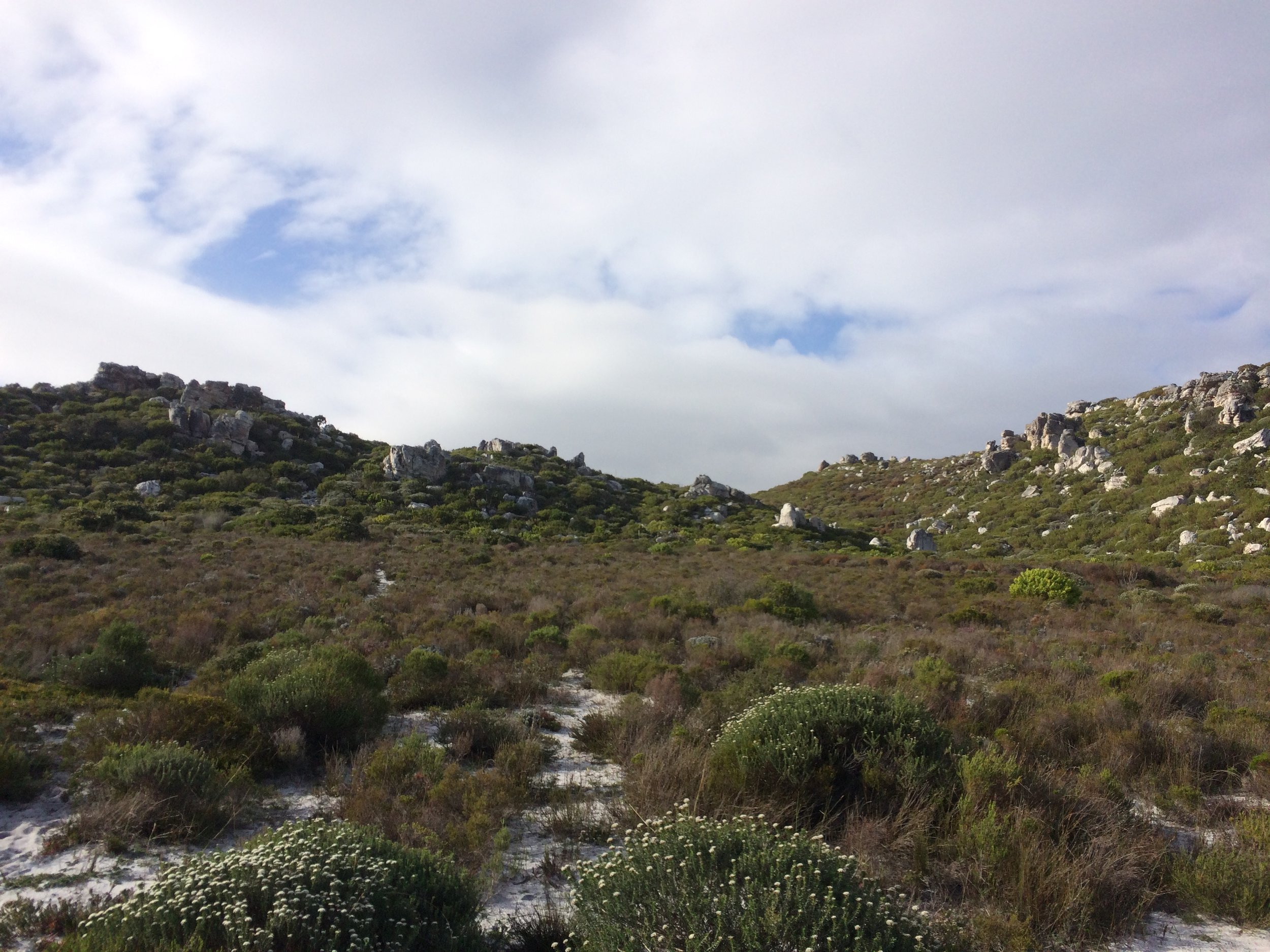Appreciation post
This project has challenged me in many ways so far, not least because I took it on so late in the year. I feel under constant time pressure with so much to catch up on and get done. Thankfully, I have a team of wonderful student volunteers who are passionate about carnivore biology and conservation! They have helped so much with processing my samples in their breaks between lectures and practicals, fitting it all into their busy schedules. So thanks guys!
The people who have helped me out so far are: Alveena Aziz, Caton Schutte, Clara Steyn, Dayna Hegarty, Kaelin Stemmet, Katherine Chaplin, Kyra McKellar, Lindsay Powell, Megan Pockalny, Michelle Pretorius, Shakirah Rylan, Tara van Ryneveld and Vivienne Coetzee. Thanks also go to some of the UCP interns who have become involved.
Gabi Leighton
